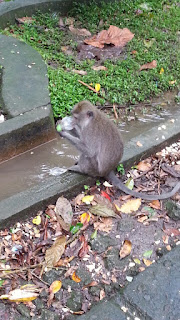Fearful terrorism in Algeria
http://shiinaworld.blogspot.jp/2013/01/fearful-terrorism-in-algeria.html
To be ironic, reputation of ruling Liberal Democratic Party was improved after this terrorism. Majority of people thought that Mr. Shinzo Abe, the Prime Minister dealt with the accident correctly. Actually, I am really sorry for many people being killed.
JAN 15, 2013
Good Old Games
http://shiinaworld.blogspot.jp/2013/01/good-old-games.html
Now I am trapped by Heroes of Might and Magic III. It is a turn-based strategy game based on the world of Might and Magic. I played it several years ago so enthusiastically, and now I am playing extra scenarios of it. What a fun!
JAN 14, 2013
Heavy snow
http://shiinaworld.blogspot.jp/2013/01/heavy-snow.html
Actually, it snowed again in 28th Jan 2013. When I leave home the world was in white! Some of my colleagues were late. I heard a bus was stacked to be unable to move. This winter is extraordinary at all.
JAN 12, 2013
Problem of physical punishment
http://shiinaworld.blogspot.jp/2013/01/recently-discussion-about-suicide-case.html
Mr. Toru Hashimoto, the Mayor of Osaka intervened in administration of the school in which a student committed suicide with suffering from chronic physical punishment. He ordered to stop the entrance examination of department of sports in the school to reform the system of education. Evaluation of his decision was various. I think that, what he has to do is not to reform the school concerned, but reveal the reason why physical punishment occurs so frequently at first. A lot of similar cases may exist, I guess.





































.JPG)
.JPG)
.JPG)
.JPG)

